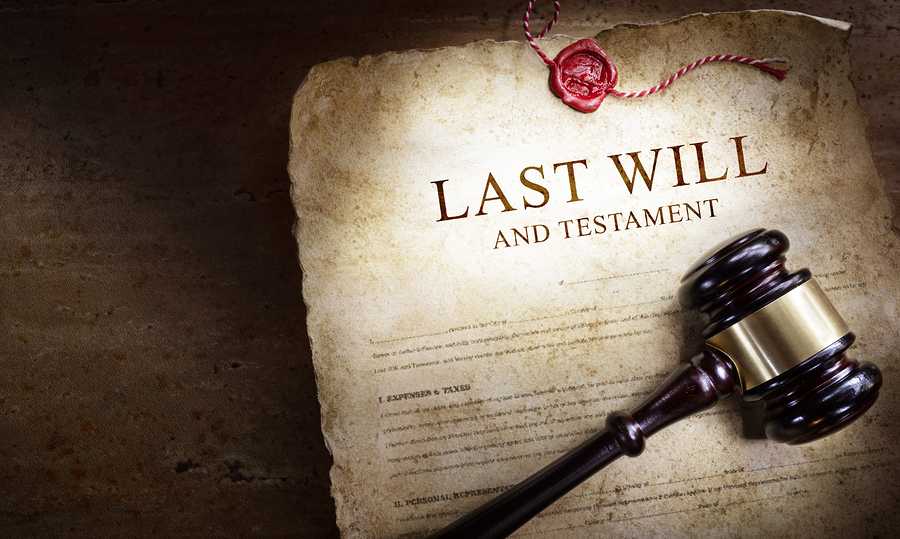Probate: Dissolving the Mystery

Probate avoidance is a common concern for our clients. They frequently seek ways to pass their assets to their loved ones without going through probate. Although it can be avoided with proper estate planning, probate avoidance should be done carefully and at the advice of an attorney as using piecemeal strategies usually don’t work, and sometimes create bigger problems. For example, consider using trusts in your estate planning. See this article for more information. https://galligan-law.com/how-do-trusts-work-in-your-estate-plan/
Before considering whether you want to avoid probate, it is important to understand what the process is. The Street’s recent article on this subject asks “What Is Probate and How Can You Avoid It?” The article looks at the probate process and tries to put it in real-life terms.
Probate is the process by which an Executor (person put in charge of the Will) goes to court to prove the validity of the Will and their authority to be in charge of the estate. I find it helpful to remember that the word probate is essentially Latin for “prove it.”
Every state’s process is different, but in Texas, the Executor starts by filing the Will and an application to probate along with other documents necessary to that case. Next, there is a hearing before a probate judge. The Executor and her attorney ask the judge to admit the Will to probate as the valid Will of the decedent and ask that the Executor be empowered to handle the decedent’s affairs as directed in the Will.
Once the Will is admitted to probate and the Executor agrees to serve, there are many tasks for them to complete. They include the following:
- Giving notice to the beneficiaries in the Will;
- Giving notice to potential creditors of the estate;
- Gathering, valuing and categorizing the decedent’s assets;
- Prepare an inventory of those assets;
- Paying off any of the deceased’s existing valid debts or fighting invalid ones;
- Paying final taxes or expenses of the estate; and
- Distributing the deceased’s property to those directed by the Will
The above are just the basic responsibilities of the Executor. The probate process becomes more complicated when a creditor appears, the family disagrees, assets are entangled or cumbersome, such as land or business interests, or the Will was written without the aid of an attorney. Even worse, it is hard for an Executor to locate assets in the first place! This can make estates drag on months or even years. I recently spoke with a client whose family is still going through a probate 10 years after the decedent has passed.
With all of that uncertainty, it is worth discussing your wishes with an experienced estate planning attorney who will be able to explain what strategies are used to avoid probate, how to remove certain assets from the process, or whether it needs to be avoided at all. The key, as with all estate plans, is to find the option that fits your goals for you and your family.
Reference: The Street (July 29, 2019) “What Is Probate and How Can You Avoid It?”
